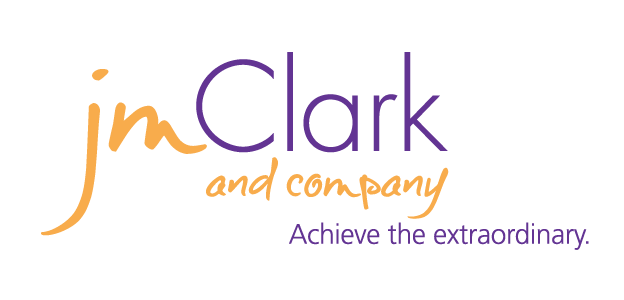
DO I REALLY NEED THIS MEETING?
One of the biggest complaints I hear from clients is that they have way too many meetings.
The majority complain they can’t get their work done, and/or they end up spending nights and weekends to do what they should have been able to do during the workday.
When I ask them to consider other options rather than personally attend these meetings, the answer is the same: I have to go to these meetings, they are important. They may be, but so is the mound of work that is waiting to be done.
Albert Einstein said “We can’t solve problems by using the same kind of thinking we used when we created them.”
If too many meetings are an issue for you, consider these questions to help shift your thinking:
- What is your reason for being in the meeting? What is your role?
- What are the consequences if you don’t attend? Benefits, if you do?
- Who can you delegate attendance to that can represent you well?
- Could the meeting be a developmental opportunity for someone?
- Is there someone already going that you can ask to summarize for you?
The more strategic question is, “What is it that you and only you can do?”
Just because you can do something doesn’t necessarily mean you should do it. Each of us has limited hours and capacity, so it’s critical to make the best use of the time we have. Endless hours in less than productive meetings steal the precious time needed to do the important things.

Is it your Meeting?
Obviously, not all meetings you attend are from other’s invites. If it’s your meeting, are you making the best use of your time AND everyone else’s? Ask yourself:
- Is there an agenda? Is it time-driven? Are meetings started and ended on time?
- Do agenda items indicate action needed: discuss, decide, inform, etc.?
- Who really needs to be there and why?
- What role will they play? Will they be the driver/leader, approver, contributor? Are they there to be consulted, informed or make the decision?
- Is there a different way to accomplish the task? Can the time be shortened or the meetings held less frequently?
- How much is this meeting costing? Is it a good ROI (return on investment) for you and the organization?
Think back to the last time a meeting was cancelled that you were supposed to attend. How did you feel? (Pretty happy, I’m guessing.)
You can create time for doing the work you need to be doing AND be a hero! In today’s time-driven, results-oriented world, EVERYONE I know appreciates effective meetings.
Invite those who NEED to be in your meeting, send out a well-planned agenda, which is based on what people are working on and how they’re performing against goals, and practice good meeting management. You and others will be glad you did!




Atualmente, o software de controle remoto é usado principalmente na área de escritório, com funções básicas como transferência remota de arquivos e modificação de documentos.
É muito difícil ler os e-mails de outras pessoas no computador sem saber a senha. Mas mesmo que o Gmail tenha alta segurança, as pessoas sabem como invadir secretamente a conta do Gmail. Compartilharemos alguns artigos sobre crackear o Gmail, hackear qualquer conta do Gmail secretamente sem saber uma palavra.
Thanks for sharing. I read many of your blog posts, cool, your blog is very good.
Your point of view caught my eye and was very interesting. Thanks. I have a question for you.
Thanks for sharing. I read many of your blog posts, cool, your blog is very good.